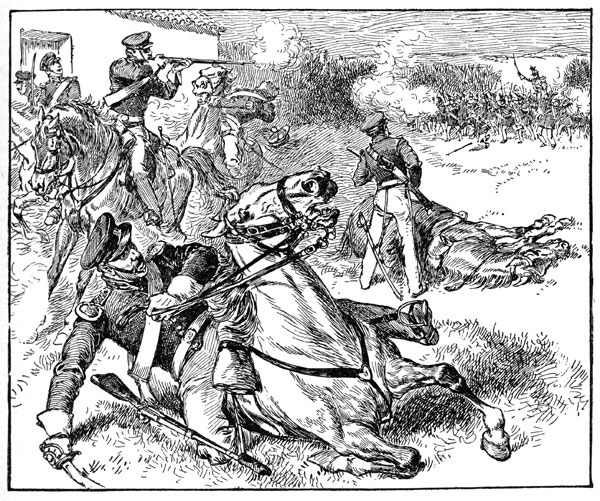 John Charles Frémont (January 21, 1813 – July 13, 1890), was an American military officer, explorer, and the first candidate of the anti-slavery Republican Party for the office of President of the United States. During the 1840s, that era's penny press accorded Frémont the sobriquet The Pathfinder. It remains in use, and he is sometimes called The Great Pathfinder.He retired from the military and moved to the new territory California, after leading a fourth expedition which cost ten lives seeking a rail route over the mountains around the 38th parallel in the winter of 1849.
John Charles Frémont (January 21, 1813 – July 13, 1890), was an American military officer, explorer, and the first candidate of the anti-slavery Republican Party for the office of President of the United States. During the 1840s, that era's penny press accorded Frémont the sobriquet The Pathfinder. It remains in use, and he is sometimes called The Great Pathfinder.He retired from the military and moved to the new territory California, after leading a fourth expedition which cost ten lives seeking a rail route over the mountains around the 38th parallel in the winter of 1849.
He became one of the two U.S. Senators of the new state in 1850, and was soon bogged down with lawsuits over land claims between the dispossessions of various land owners during the Mexican-American War, and the explosion of Forty-Niners immigrating during the California Gold Rush. He lost the 1856 presidential election to Democrats James Buchanan and John C. Breckenridge when Democrats warned his election would lead to civil war.

During the American Civil War he was given command of the armies in the west but made hasty decisions (such as trying to abolish slavery without consulting Washington), and was consequently relieved of his command (fired, then court martialed – receiving a presidential pardon).

Historians portray Frémont as controversial, impetuous, and contradictory. Some scholars regard him as a military hero of significant accomplishment, while others view him as a failure who repeatedly defeated his own best purposes. The keys to Frémont's character and personality may lie in his illegitimate birth, ambitious drive for success, self-justification, and passive-aggressive behavior
No comments:
Post a Comment